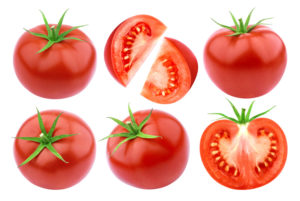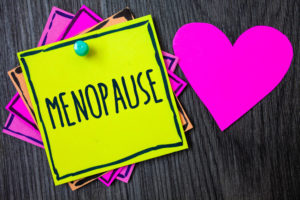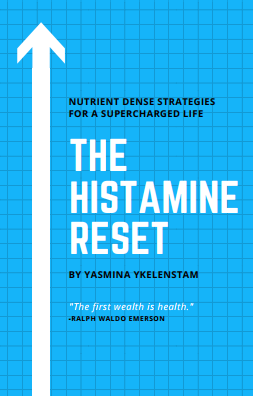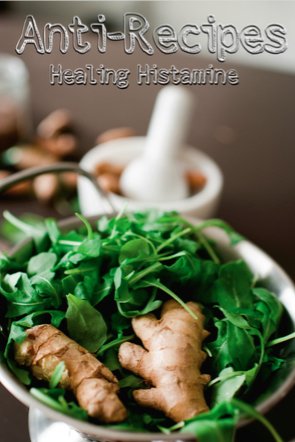
This holiday season please keep in mind that scientists have confirmed that stress triggers the immune system into releasing histamine. So if we want to eat more of the stuff we love, best to figure out how to manage it stress, or make wiser choices as we navigate this tricky season. If you’d like some help eating well, there’s two free holiday ebooks with every purchase in my online store till Dec 31st.
A study published in the Journal of Leukocyte Biology has found that stress, through signalling of corticotropin-releasing factor, causes white blood cells to release histamine. Yes indeed, histamine is not only found in foods, but also in the body already. That’s why simply eliminating histamine from the diet isn’t going to do much for us.
The cells that release histamine are called mast cells, and they’re found all over the body. This is why those of us with histamine intolerance (and mast cell activation) can have dozens of rotating symptoms. Here’s a bunch of histamine intolerance symptoms.
CRF1 TRIGGERS MAST CELLS, CAUSES DISEASE
What’s new about this research is the finding that a particular receptor known as CRF1, which is expressed on mast cells, is a master regulator of mast cell activation and subsequent histamine release. Normal mice in their study who were exposed to stress suffered from stress related disease, while mice bred to be deficient in mast cell CRF1 experienced less disease and stress to their immune system.
In English now: stressful events cause immune cells to release inflammation into the blood stream. The problem is that nowadays stress is all around us, and might not be caused by an accident or trauma to the body that requires histamine and other inflammatory agents. And that’s the whole problem, most people believe that histamine is a bad thing. Having histamine floating around is only a problem if it’s not needed for healing (because it was triggered by stress), or if it was ingested from high histamine foods and the body wasn’t capable of degrading and flushing it out (either because we lack the DAO enzyme or our liver is compromised).
The researchers believe that understanding the role of CRF1 will help fight allergies, gastrointestinal disease and asthma in the coming years, but that this could offer new targets for stress relief.
“Dear Santa, all I want for Christmas is…”
HOW STRESS MAKES US SICK
Digestion is inhibited during stress, once it kickstarts again, we could experience a surge in digestive activity, which may trigger ulcers
Stress triggers mast cell CRF1 receptors, releasing histamine and causing allergy-like symptoms.
It can raise blood pressure, increase blood cholesterol levels (thanks to adrenaline and noradrenaline’s effect on fatty acids), and there is of course concern that the immune system will burn itself out constantly responding to stress cues and not be able to fight when we really need it.
CRF1 ANTAGONISTS IN THE MAKING
The relationship between stress related mast cell CRF1 activation and immune system dysfunction (which includes histamine release), researchers are working hard on drugs that can interrupt CRF1 signalling. They think it’ll help prevent the ravages of stress on the body, as well as treat anxiety, depression and drug addiction.
Though the results have been mixed so far, antalarmin (got to love that name), has shown anti-inflammatory effects and may one day be useful in treating arthritis and stress induced gastric ulcers.
MANAGING CRF NATURALLY
Lifestyle: meditation, yoga, singing, regulating your sleep cycle, doing what you truly enjoy. I’ve found it also really helps to say no to things you know you don’t like doing, and of course, keeping really negative people at bay. This was hard to do when I was the negative one and literally couldn’t escape myself. That’s where brain retraining really helped me.
I cover all this and more in my free online workshop here. Diet: bioflavonoids like quercetin that prevent mast cell activation and histamine release are found in brightly coloured vegetables and fruits. Tea polyphenols can have the same effect as benzodiazepines (like Xanax) on the brain, and yes, there’s a histamine friendly way to enjoy tea. And the anti-inflammatory effects of olive oil, omega 3 fatty rich salmon (fine for histamine if you have it super fresh) make them a great choice. I cover all this and more in my free online workshop here.
———- REFERENCES ————













